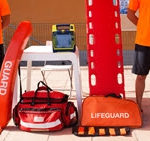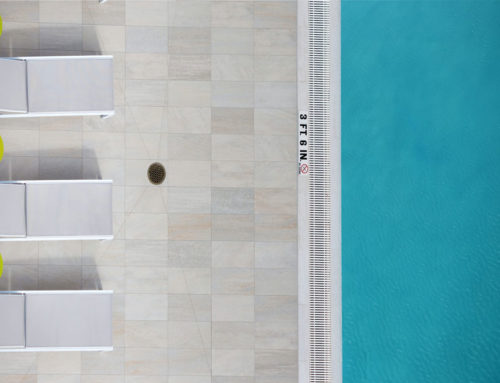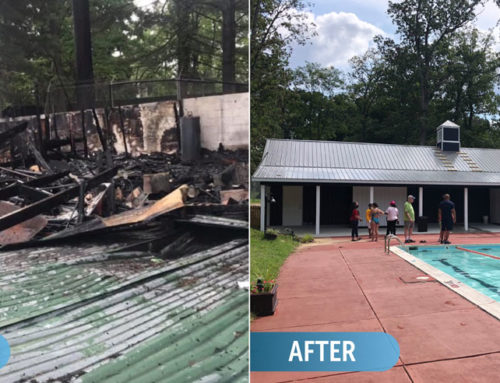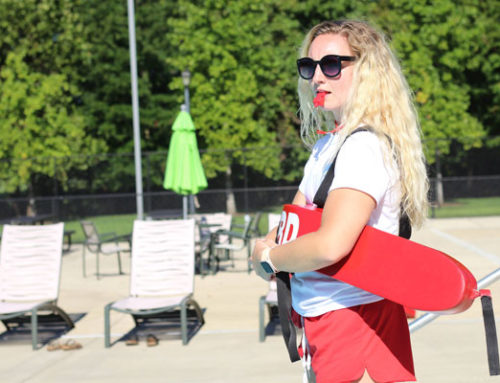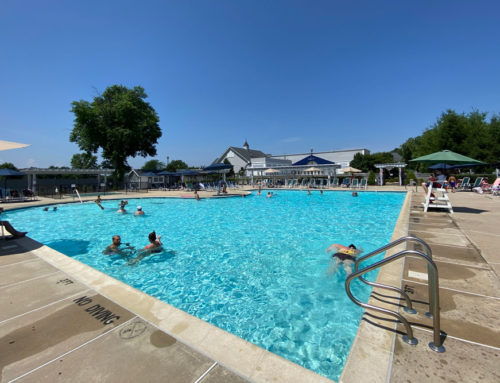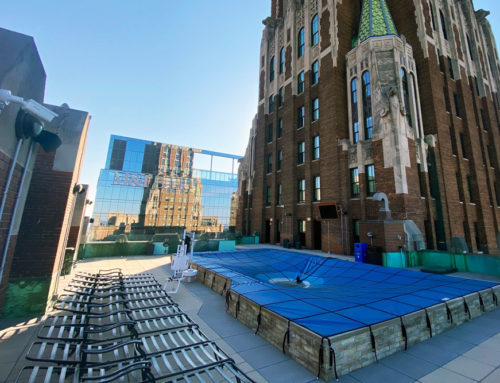You’ve spent months and years agonizing over every aspect of your pool construction and management projects, but the end is in sight. You’ve settled on a design, picked out a few enticing features like water jets or spillways and coordinated with a contractor to make it all a reality. It’s just a few short days until you open your facility up to the public, but there’s one last safety feature you need to take care of.
While your patrons may be concerned with everything else you’ve done to your facility, pool management should treat lifeguards as a top priority. Keeping swimmers safe not only enhances the reputation of your pool, but it also helps you avoid potential lawsuits and injuries. While hiring lifeguards is one thing, pool management should ensure they’re properly trained on various rescue and safety strategies. But what are the most important skills every lifeguard needs to know?
Check with the Red Cross
The first stop for anybody in search of information on lifeguards should be the organization that oversees training, certification and continuing education for most lifeguards throughout the U.S.: the Red Cross.
The Red Cross explained that every lifeguard needs to be properly taught and certified in several techniques. It takes at least 25 hours and 20 minutes to complete a traditional in-person training course, though some prospective lifeguards can take a hybrid online course that takes slightly longer.
Before enrolling in a lifeguard training course, applicants must be at least 15-years-old and demonstrate that they can swim 300 yards with controlled rhythmic breathing and tread water for two minutes without using their arms. Prospective lifeguards must also complete a “Basic Skills” package, which requires applicants to swim 20 yards, retrieve a 10-pound weight from a depth of no more than 10 feet and return the object to the starting point while swimming at the water’s surface.
If swimmers can demonstrate these prerequisites, every Red Cross-sanctioned training course teaches students five key areas of lifeguard skills: patron surveillance, rescue abilities, victim assessment, cardiopulmonary resuscitation and automated external defibrillator use and spinal injury care. These essential skills cover everything from injury prevention and intervention to emergency rescue skills.
The Red Cross also requires students to take two written exams on the basic skills of lifeguarding, and grades below 80 percent on either test result in failure. Applicants are also tested on rescue and other water-borne skills. Once certified, the American Red Cross Universal Certificate for Lifeguarding/First Aid/CPR/AED is valid for two years.
Keep your lifeguards in shape
If your pool is relatively free from dangerous incidents and your lifeguards are far-removed from their certification tests, pool management may want to develop programs to keep lifeguards’ essential skills sharp. In the event of an emergency, lifeguards need to rely on training and instinct rather than trying to remember their Red Cross tips from years ago.
In Fort Hood, Indiana, the lifeguards from the community’s seven pools gather every year to compete in a swimming, rescue and safety competition, the Fort Hood Sentinel reported. Though many participants enjoy competing against their colleagues, Jody Valdes, event organizer with Fort Hood Aquatics, explained that the annual competition keeps lifeguards on top of their games.
“We start the in-service trainings in May right before the pools open, and we just finished our last one Wednesday in preparation of this event,” Valdes told the news source. “So we’re training all summer. If you don’t practice it, you lose it.”
Some of the skills tested in the competition are ones that lifeguards rarely use in their daily jobs, but that doesn’t make them any less important. Valdes said that the deep-water spinal rescue is one of the most difficult for participants. A team of four lifeguards must coordinate to retrieve an unconscious swimmer who has injured his or her head, neck or back and is submerged in the deep end of the pool,.
Bryan Walters, a lifeguard at Martin Pool, the overall winner of the event, told the Fort Hood Sentinel that, while he focused on the skills that were most critical to saving lives, the key is to not lose sight of what really matters in lifeguarding.
“The life-saving [drills] were the most important,” Walters said. “Overall, the big picture, our patrons’ safety, that’s [number one].”

